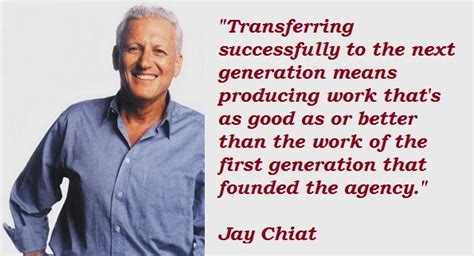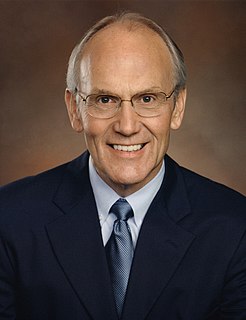A Quote by Stefan Zweig
All office workers are afraid of being late for work.
Related Quotes
If you ask people where they go when they really need to get work done, very few will respond 'the office.' If they do say the office, they'll include a qualifier such as 'super-early in the morning before anyone gets in,' or 'I stay late at night after everyone's left,' or 'I sneak in on the weekend.'
When Donald Trump was running for office, he made big claims about how he was going to fight for workers. But since in office, he has consistently moved against the interest of workers in favor of corporate interests - by rolling back important worker protections, advancing nominees to key posts with records of enabling the exploitation of working people, pushing for the dismantling of Obamacare, fighting for a tax bill that overwhelmingly favors the wealthy, etc.
We're just afraid, period. Our fear is free-floating. We're afraid this isn't the right relationship or we're afraid it is. We're afraid they won't like us or we're afraid they will. We're afraid of failure or we're afraid of success. We're afraid of dying young or we're afraid of growing old. We're more afraid of life than we are of death.
In Finland they are brilliant at ensuring no young person falls behind. From the day a child is born they are visited by health workers who assess their well-being and developmental. The health workers work with psychologists and speech therapists and aim to identify any problems at a very early stage.
Since taking office, Prime Minister Stephen Harper and the Conservative Party have transformed the Temporary Foreign Worker Program - which was originally designed to bring in temporary workers on a limited basis when no Canadian could be found - into one that has brought in a large pool of vulnerable workers.
This society in which knowledge workers dominate is in danger of a new "class conflict" between the large minority of knowledge workers and the majority of workers who will make their livings through traditional ways, either by manual work... or by service work. The productivity of knowledge work - still abysmally low - will predictably become the economic challenge of the knowledge society. On it will depend the ability of the knowledge society to give decent incomes, and with them dignity and status, to non knowledge people.







































